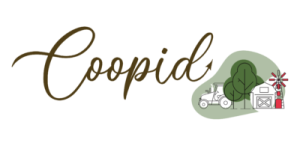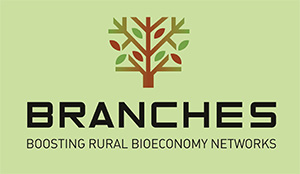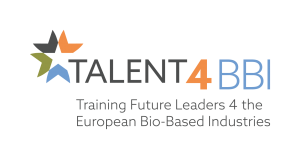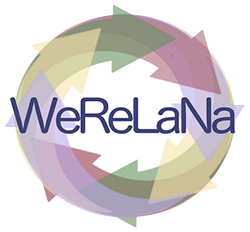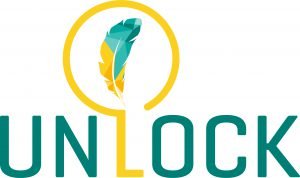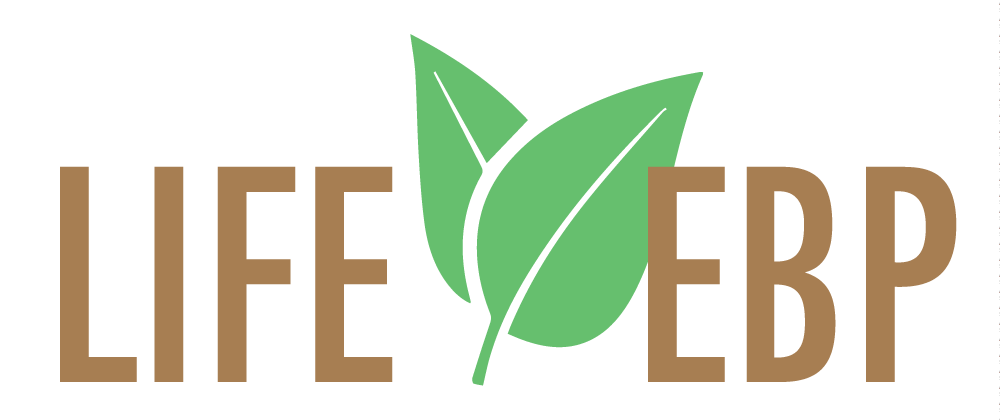BIOSCHAMP project
Project concluded
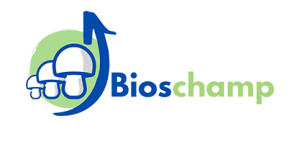
BIOSCHAMP Biostimulant alternative casing for a sustainable and profitable mushroom industry
The BIOSCHAMP project aims to develop an integrated approach to tackle the mushroom cultivation challenges: an alternative and sustainable peat-free biostimulant casing for the mushroom industry, reducing the dependency on and need for pesticides and contributing to improve the productivity, the sustainability, and the profitability of the European mushroom sector.
The goal of the BIOSCHAMP project is to improve the mushroom sector industrial profitability while reducing the agronomical need for pesticides by 90 %. This will help mushroom growers meet consumer demands to find alternatives to fungicide dependence.
Contact:
Jaime Carrasco
email: j.carrasco@ctich.com
website: https://bioschamp.eu/



